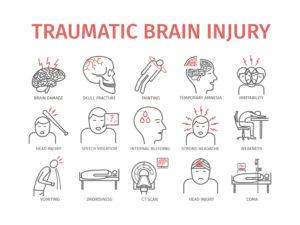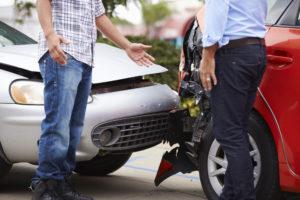
When a drunk driver causes an accident, two different types of legal DUI accident cases may result: a criminal case and a civil case. The state brings the criminal case and charges the defendant (the drunk driver) with driving while intoxicated by drugs or alcohol. The plaintiff (the injured party or her representative) brings the civil case, which seeks damages caused by the actions of the defendant.
If you were involved in a crash with a drunk driver, you have a right to bring a civil case against them for damages, and the state may also ask you to provide testimony in the criminal case. Before you begin involvement in either of these legal matters, it is important to consult with an attorney regarding the differences between the two types of cases.
Your Rights and Obligations in a Civil DUI Case
As the plaintiff in the DUI civil case, you must produce a reasonable burden of proof that the defendant caused substantial damages to you or a loved one through his negligence in driving while intoxicated. This means you will need to provide evidence of the following elements of a negligence case.
- The other driver owed you a duty of care to drive responsibly.
- The accident occurred due to the actions of the other driver.
- You or a loved one suffered substantial injuries or loss of life in the accident.
- These damages would not have occurred had it not been for the other driver’s negligence.
Evidence for drunk driving accidents is heavily dependent on the police report that details any citations and arrests made at the scene of the accident. Additionally, the standard types of car accident evidence will be necessary to provide proof of the severity of the damages. Make sure to collect pictures of the accident scene, medical records for your injuries, witness contact information, and keep track of your expenses and the time you are out of work.
For a free legal consultation, call (614) 538-1116
Your Rights and Obligations in a Criminal DUI Case
Do not panic when you hear you are involved in a criminal DUI case. As stated above, when you are the victim of a DUI crash, the state may call upon you as a witness to testify on behalf of the prosecution. In order for the state to press certain charges against the drunk driver, they must have evidence that proves the driver’s intoxication caused damages to another person or property.
The state is responsible for providing the burden of proof that the driver was intoxicated at the time of your accident. Your testimony is necessary to provide evidence of the damages caused by the driver’s actions. You are not required to provide any evidence of their intoxication, and you should not speculate on whether or not they were drunk unless a police investigation established that fact.
Bressman Law Can Help You Seek Justice after an Accident with a Drunk Driver
It is important to understand that a civil case is completely independent of a criminal case and the results of the criminal case will not guarantee a certain outcome in the civil case. For example, if the court finds the other driver not guilty of DUI, but the burden of proof still falls upon him for causing the accident, your civil case is still valid.
By working with an Ohio injury attorney, you not only get assistance with filing and settling your civil case, but you will also have legal counsel for helping you through your involvement in the DUI criminal case. Contact Bressman Law to schedule a FREE consultation and learn how we can help you with both legal cases. Call today – (614) 538-1116.
Call or text (614) 538-1116 or complete a Free Case Evaluation form








